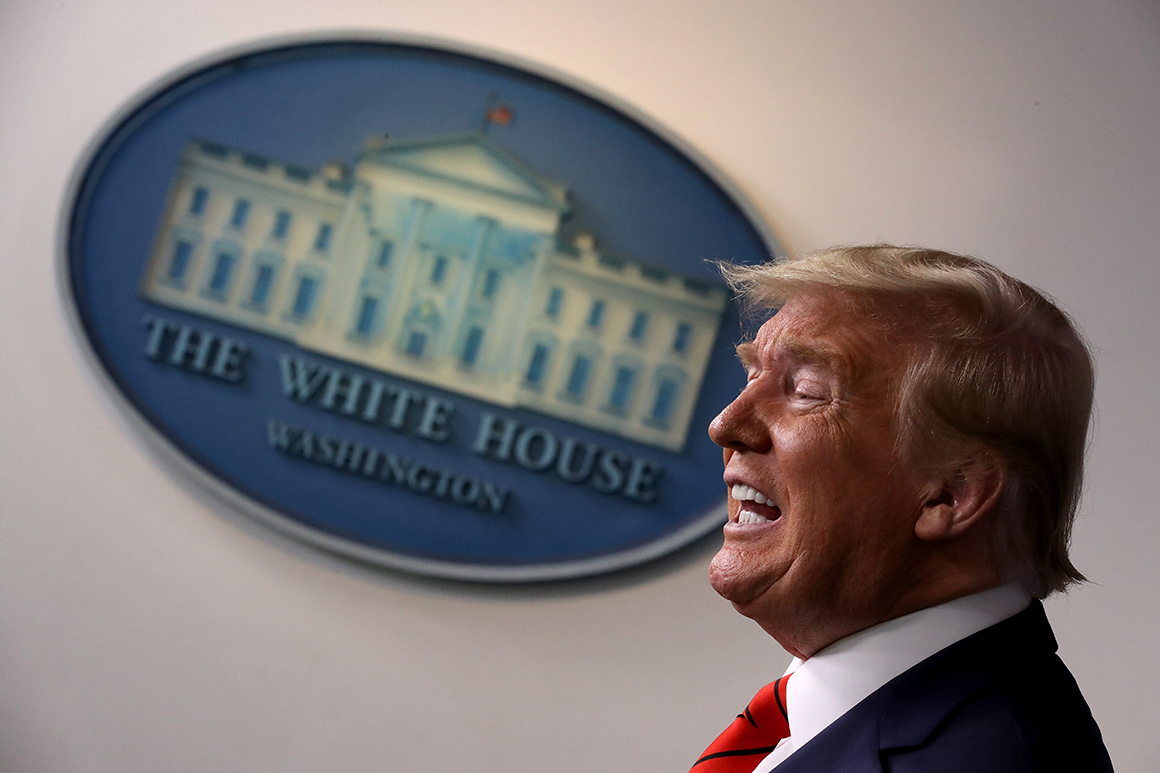
As the U.S. government remains in a shutdown, construction crews have begun demolishing the White House East Wing to make way for a new 90,000-square-foot ballroom capable of hosting up to 1,000 guests. The $250 million project is being financed entirely through private donations, not taxpayer funds, with some of the biggest names in Silicon Valley among the contributors.
Major Tech Firms Among the Donors
The White House released a list of funders on Thursday that includes Amazon, Apple, Google, Meta, and Microsoft, as well as defense contractors like Palantir and Lockheed Martin and telecom companies Comcast and T-Mobile. The crypto sector is also represented, with contributions from Coinbase, Ripple, Tether America, and the Winklevoss twins.
It remains unclear how much each donor contributed. However, Google’s $20 million appears to be tied to a recent lawsuit settlement over YouTube’s suspension of Trump’s account following the January 6, 2021, Capitol riots. Google has not confirmed whether this amount represents its full donation to the project.
Tech Industry’s Relationship With Trump Evolves
The donations mark a notable shift in Silicon Valley’s relationship with Trump. Many tech leaders distanced themselves from him during his first term but have since moved closer to the administration.
For example, Meta did not donate to Trump’s first inauguration but contributed $1 million to his second. Amazon, which donated $58,000 during Trump’s first inauguration, increased its contribution to $1 million this time.
This warming relationship suggests a broader alignment between Trump’s administration and the tech sector, particularly as major firms face new regulatory and antitrust challenges.
The Trump administration’s less aggressive antitrust enforcement has appealed to major technology companies, which continue to face lawsuits and investigations from federal and state regulators. The contrast with the Biden administration’s FTC, led by Lina Khan, has been particularly striking.
Trump has also made AI development a key policy focus. His AI action plan, introduced in July, called for cutting regulatory barriers and expanding government support for data center construction, a move welcomed by the industry’s largest players.
Featured image credits: Chip Somodevilla/Getty Images
For more stories like it, click the +Follow button at the top of this page to follow us.
